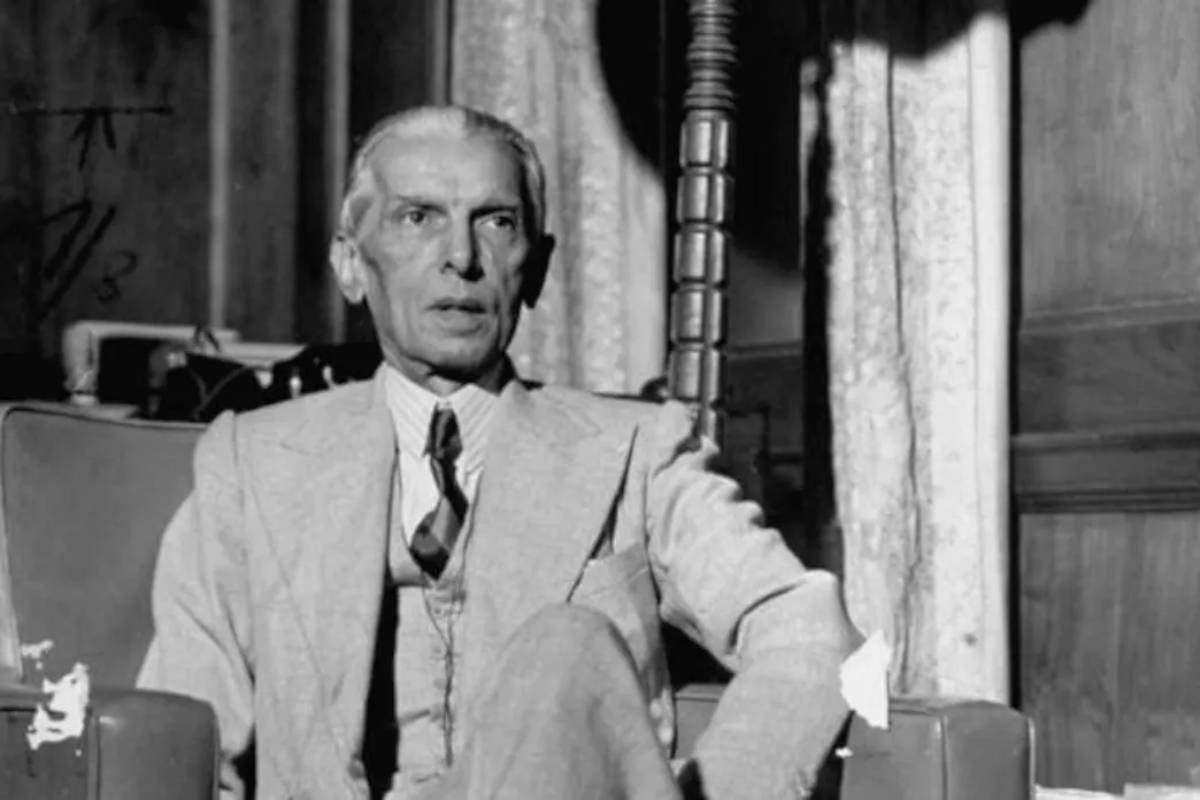Fiscal Path
A recent IMF report offers key insights for India amid an increasingly debt-laden global economy.
In India its significance mainly centered round the question of coexistence of Hindus and Muslims

SIR, This refers to ‘ Was Jinnah Secular?’ by Nandlal Chakrabarti (29 August). The meaning of secularism is different to different people. It’s spirit lay in the separation of Church from the State. In India its significance mainly centered round the question of coexistence of Hindus and Muslims. When the President of America takes the oath of office by touching the Bible, he does not violate secularism. When the Prime Minister of India visits the Somnath temple, he violates secularism.
That said the debate about secularism in India should have died down with the partition of the country. It did not happen as the Congress Party kept it alive for political reasons. But the paradox is that BJP stalwarts like Lal Krishna Advani and Jaswant Singh rejuvenated it by echoing that ‘Jinnah was secular’. It is my impression that both these BJP stalwarts were trying to stand on Nehru’s pedestal. To Nandlal Chakrabarti it may be of historical interest to prove that Jinnah was not secular despite his pro-secular utterances in Pakistan subsequent to partition. This discussion should have ended at this point. The writer has tried to confuse and mix secularism with liberalism. This is a futile exercise. It is equally futile to start another debate: ‘Was this man (Jinnah) a liberal?’ The world is not short of double faced monsters.
Ambition
SIR, I refer to “Was Jinnah secular?” (The Statesman, 29 August). Mohammad Ali Jinnah devoted the last two decades of his life to the realisation of his dream of an independent state of Pakistan through Partition. Many naively believe that it was the constitutional brilliance of Jinnah which convinced the Congress, especially Nehru, Patel, and Mountbatten to agree to partition. It was the deteriorating law and order situation in the Muslim majority provinces, which was directly related to ‘Direct Action’ called by Jinnah in late 1946. Pakistan was literally born in violence from the massacres on the streets of Calcutta, Lahore, Rawalpindi, Punjab etc. It was planned and brilliantly executed communal bloodshed. It was a result of this call by Jinnah that convinced Nehru and Patel that a divided India was better than a united India. That the Pakistan that emerged in 1947 was a mere shadow of what Jinnah wanted is another narrative. How secular Jinnah is clear from his statement that “We shall have India divided or we shall have India destroyed “. A statesman with secular credentials would not make such a statement.
Trustworthy?
SIR, Your editorial ‘Trouble for Taiwan’(2 Sept) makes us think of the possibility of what could happen in the event of a cross-strait war between China and tiny Taiwan. Once the US had fled Saigon and recently it left Afghanistan in the lurch. Can the USA still be considered a messiah after the events in Afghanistan? Today it has left Afghanistan; what is the guarantee that tomorrow it won’t leave Taiwan?
India, now considered a US ally should judge its foreign policy anew. Despite India being actively involved in QUAD, what is the guarantee that the US will come to India’s rescue in the event of a Sino-India conflict? For security, the countries that are dependent on the USA should keep another option open. Once Pakistan was the closest non-Nato ally of the US. America only prioritizes its own interests; India should not distance itself from her time-tested ally, Russia.
Advertisement
Advertisement